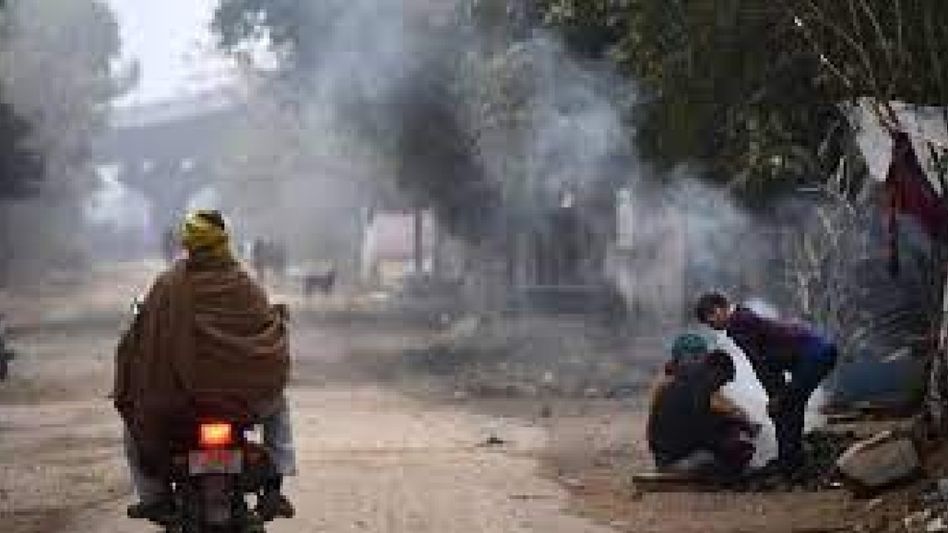Delhi faces coldest February in over a decade, breaking temperature records
Delhi records an average minimum temperature of 9.3 degrees Celsius in February, marking it as the coldest February since 2014. This significant drop in temperature not only breaks past records but also impacts the city's ecology and air quality.
 Delhi, Coldest February, Temperature Records, Climate Change, Air Quality
Delhi, Coldest February, Temperature Records, Climate Change, Air QualityDelhi is facing the coldest February in more than ten years, marking a significant departure from its typical temperature trends. The national capital recorded an average minimum temperature of 9.3 degrees Celsius, making it the chilliest February since 2014. This stark drop in temperature has surpassed previous records, marking a new low for the city.
The last coldest February was documented in 2014 when the average minimum temperature was 9.6 degrees Celsius. However, the current year's recorded average has exceeded that record, reflecting a significant departure from the typical temperature range for February in New Delhi.
Notably, not only the minimum temperatures but also the maximum temperature parameters indicate that this February is the coldest since 2019. In 2019, the average maximum temperature for February stood at 22.5 degrees Celsius. In contrast, this year's average maximum temperature is recorded at 23.9 degrees Celsius.
Examining the minimum temperature data from 2012 to 2024, it's evident that Delhi's February temperatures have generally fluctuated within a narrow range from 9.8 to 12.3 degrees Celsius. However, 2024 stands out as the coldest year with an average minimum temperature of 9.3 degrees Celsius.
The impact of such drastic temperature fluctuations extends beyond the inconvenience to residents, affecting the ecology and air quality of the city. As climate change continues to exert its influence, experts emphasize the urgency of conducting assessments and implementing action plans to mitigate these impacts.
Copyright©2025 Living Media India Limited. For reprint rights: Syndications Today









